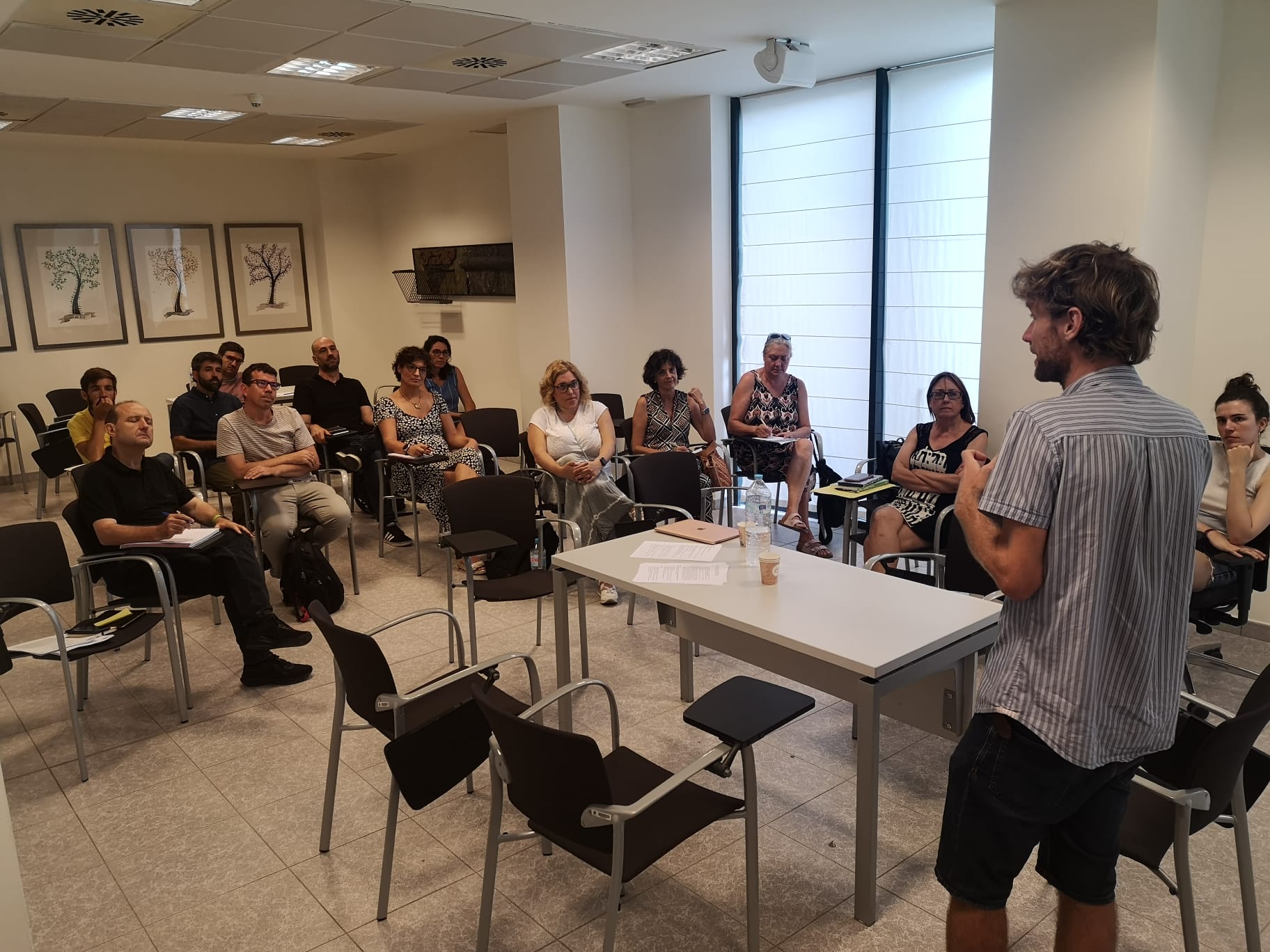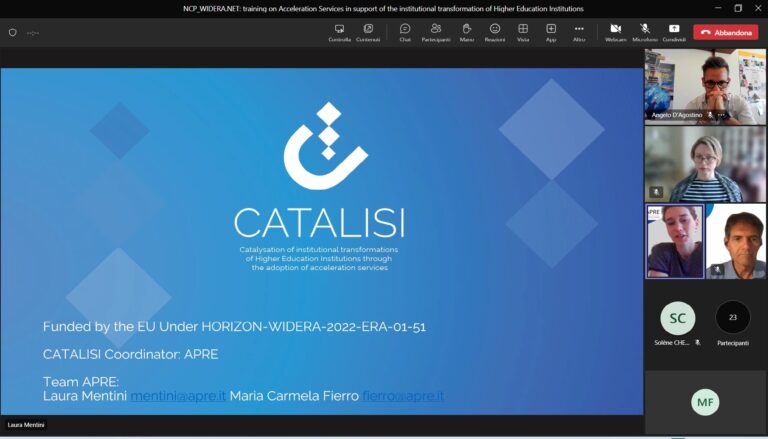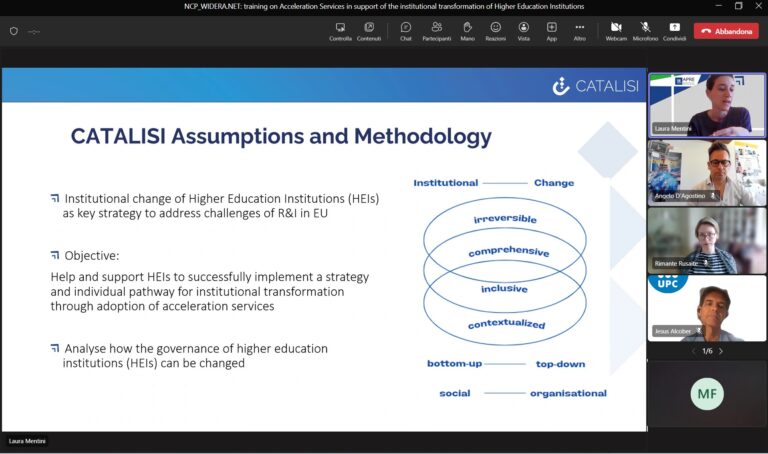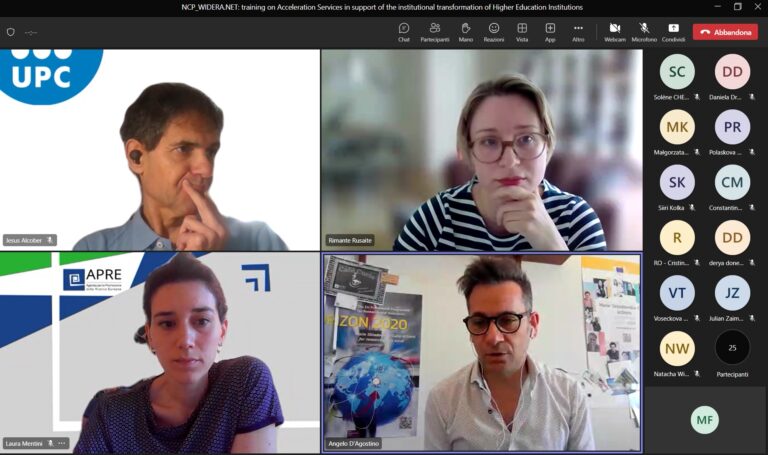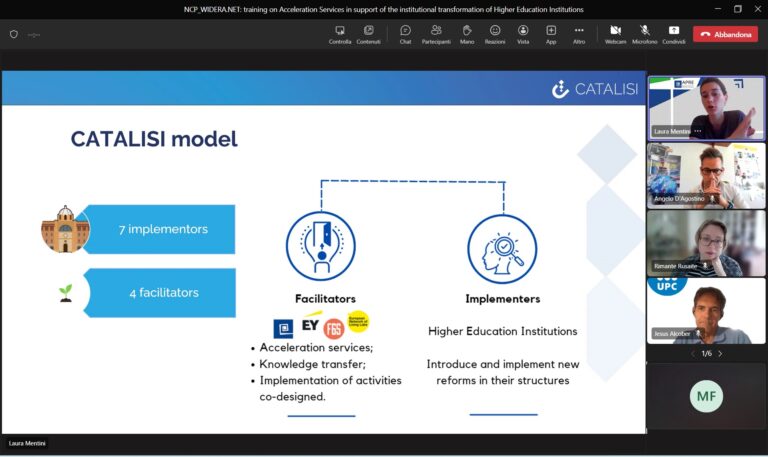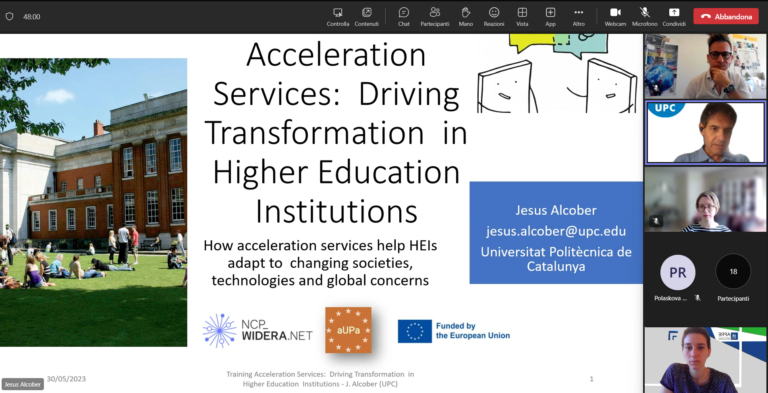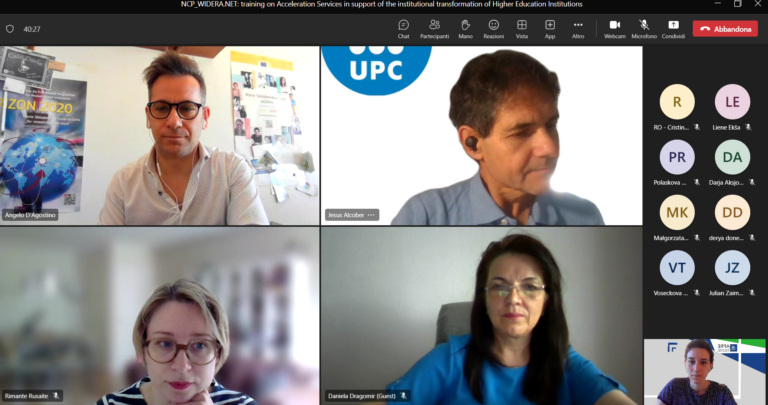Institutional changes are needed to reform the most important priorities and challenges for Higher Education Institutions (HEIs) regarding institutional transformations towards the future.
With this in mind, the CATALISI supports seven European HEIs to pursue institutional transformation by intervening in specific domains through the adoption of targeted acceleration services. The CATALISI Community of Practice (CoP) is one of the acceleration services provided within the project. The CoP is composed of a group of people who share common interests, valuable expertise and experience in institutional transformation in HEIs, and that can feed the project activities with relevant expertise, methods, stories, tools, for the transformation of Higher Education Institution’s governance.
First CoP workshop will be held on November 7, 2023 (15:00-17:00 CET). The aim of this first CoP workshop is to share knowledge and experience between professionals and experts of the field of institutional transformation with the objective to:
1) build collective knowledge around the topic of institutional transformation of HEIs in shared domains of interest
2) provide advice, guidance and new ideas to CATALISI Higher Education Institutions, ultimately contributing to the acceleration of transformation in the governance of HEIs in different areas of intervention.
Selected speakers will focus on sharing their experiences and inspirational stories in institutional transformations of HEIs, by focusing on the following aspects:
- Introduction to their project and domain of intervention
- Good practices, approaches and strategies adopted to achieve institutional transformations in the R&I area
- Obstacles and challenges faced to achieve transformative actions, how were these solved?
- Recommendations to HEIs when facing institutional transformations.
Interested to join the first Community of Practice workshop?
Sign up here!












